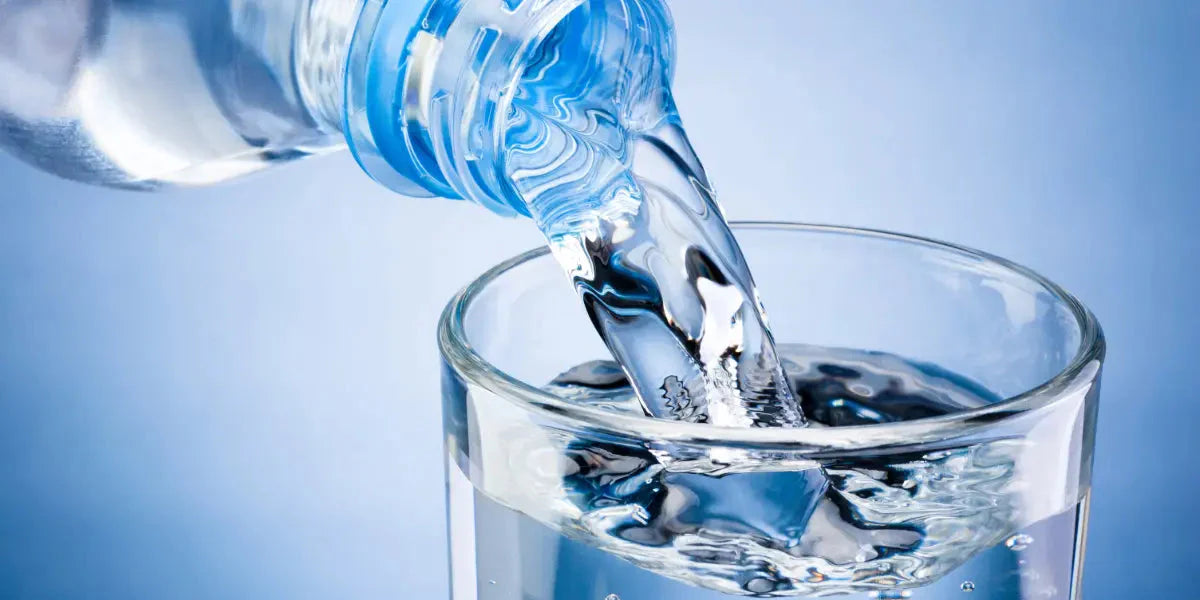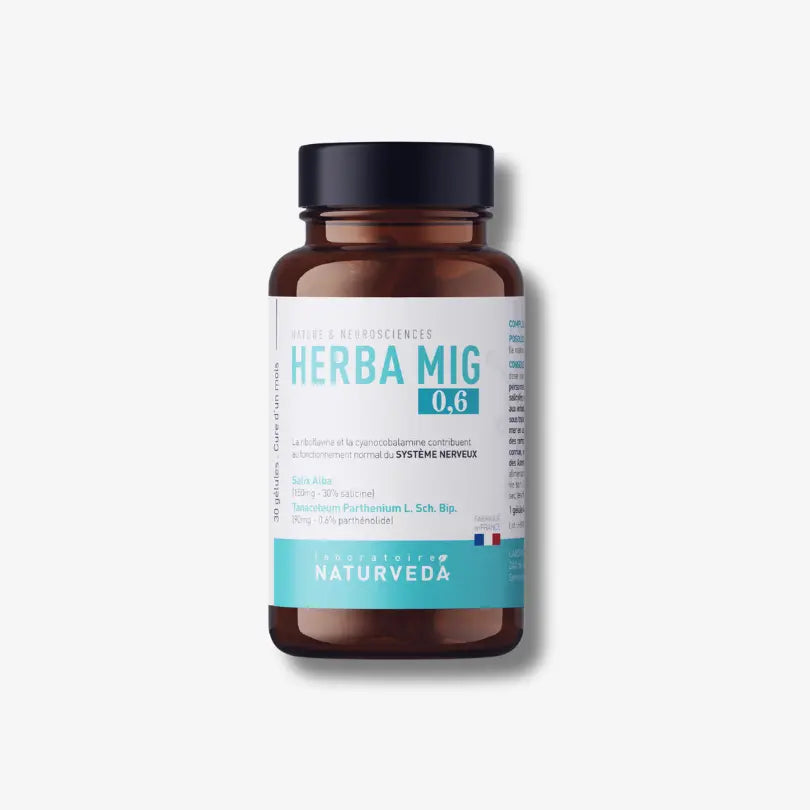Water plays a vital role in almost every aspect of our lives, including our digestion. Understanding this role can help us take better care of our overall health .
How does water aid the digestive process?
It is essential to realize that water plays a multiple role in your digestive cycle. Whether for swallowing, breaking down nutrients or eliminating waste, it is essential at every stage.
Water helps transport food through your digestive tract. It works like a lubricant, making swallowing easier and helping food move more smoothly through your stomach and intestines.
Water also plays a crucial role in breaking down food. It is integrated into the enzymatic breakdown process, meaning it helps break down nutrients so they are more easily absorbed by your body.
It hydrates dietary fiber, making stools softer and easier to eliminate. This helps maintain regular bowel movements and can prevent constipation.
Maximize the benefits of water for optimal digestion
The general rule is to drink at least 8 glasses of water per day. However, this figure can vary depending on many factors, such as your age, gender, level of physical activity , climate, etc.
Contrary to what some might think, drinking water with meals does not dilute digestive enzymes, but rather helps soften your food and makes it easier to pass through your stomach and intestine.
Excess water can dilute gastric juices and reduce their effectiveness, making it more difficult for nutrients to be broken down and absorbed. Drink small amounts regularly throughout the day to help with optimal digestion.
Water temperature can also have an impact. For some, drinking cold water with meals can slow the digestion process, while hot or room temperature water can promote the breakdown of fats.
How to increase your water intake for better digestion
Drinking enough water every day is essential for optimal digestion. Still, it can be difficult to know how much water you should consume. Many general guidelines recommend drinking between 1.5 and 2 liters of water per day. These recommendations may vary depending on your height, weight and physical activity level.
One of the most effective methods is to always have a bottle of water on hand. Not only does this allow you to drink regularly throughout the day, but it also helps you track the amount of water you drink.
Another technique is to eat water-rich fruits and vegetables. For example, cucumbers, watermelons, oranges and strawberries can all help increase your water intake, while providing essential nutrients to your body.
Conclusion
Water is an elementary pillar in the mechanism of our digestion. It actively participates in each stage, from ingestion to excretion, facilitating the absorption of nutrients and the elimination of waste. Optimal hydration can significantly improve our digestive health, contribute to our overall well-being and prevent a range of diseases.






